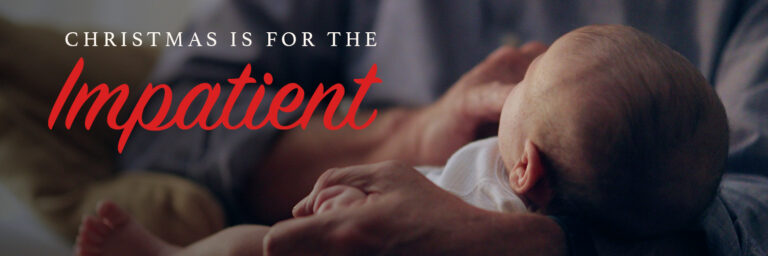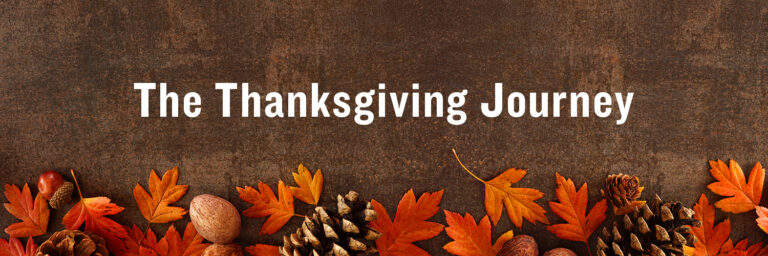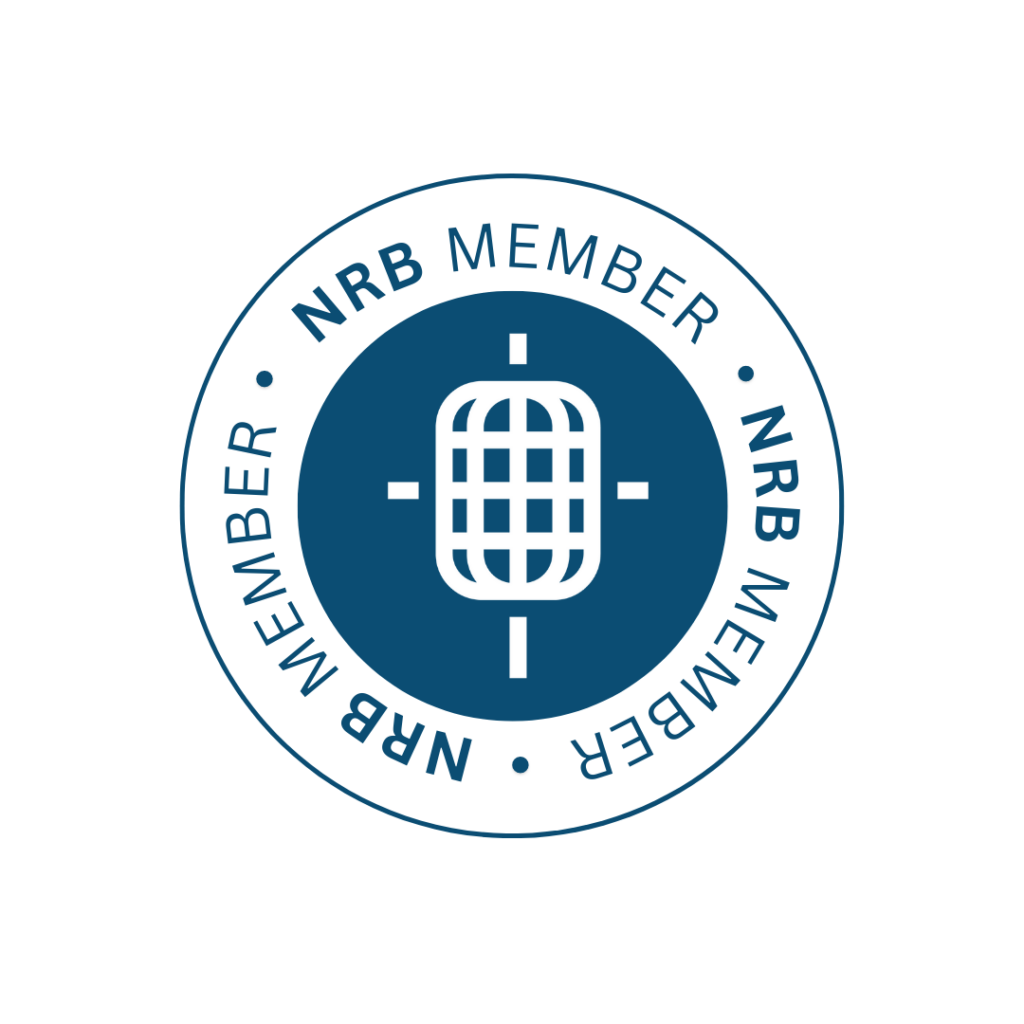The Perils of Thanksgiving
By Douglas K. Shaw
CHAIRMAN OF THE BOARD/CEO
Be careful, be very, very careful! Before you know it, you may find yourself caught in an airport somewhere or stranded in traffic trying to get to Thanksgiving dinner. With one eye on the car in front of you and the other on the melting dessert in the backseat, you search the radio for some Thanksgiving music to help relieve the pressure in your chest and put you in the spirit of the day, only to find there is no such thing as Thanksgiving music! Okay, if you’re like me, you may be reaching out to ChatGPT right now to find out if this is really true. It isn’t, but there are very few Thanksgiving songs, and they aren’t on the radio anyway.
Once you arrive at your destination, there are even greater perils awaiting you, Uncle Ned being one of them. How can it be possible that someone can have halitosis their whole life and never know it? And your brother-in-law, Daren, who’s never entered a kitchen… that you know of. And then there’s your least favorite sister, who’s always on time, which is irritating in itself. Of course, she’s completely filled the refrigerator with every magnificent culinary delight she knows, leaving you with NO room for your tilted oozing cranberry Jell-O salad. So yet again, you set your own modest contribution out on the railing of the back porch, letting nature be your cooler.
The biggest peril is yet to manifest itself.
The oven has been working overtime, heating everything that needs to be hot. A great-smelling culinary bounty covers every inch of the kitchen counters, and you’ve rescued your cranberry Jell-O salad from the inquiring squirrels on the back porch. The mayhem of preparation is about to be replaced by the mayhem of the famished who are assembling in the too-small dining room. Extra chairs have been brought in to accommodate the adults, and the kids’ table is set in the living room. Then comes the long-awaited words: “I-t-s r-e-a-d-y!” And you’re off! The male adults magically appear at the dinner table, and the children have been at their places for 10 minutes already. The hospitality committee—Uncle Ned’s wife, Aunt Martha, you, and all the other adult women—begin presenting dishes that fill the room with wonderful smells and sighs of remembrance and anticipation.
Uncle Ned indicates that he’s ready to ask the blessing, and calls go out to the members of the hospitality committee who are still in the kitchen, “Uncle Ned’s ready to pray!” The women scurry to their dining room chairs, wiping their hands on their aprons, and one or two are left standing with bowed heads.
Just as Uncle Ned says, “Let’s give thanks…” a small voice from the kids’ table begins to sing:
“Now thank we all our God,1
With heart and hands and voices,
Who Wondrous things hath done,
In whom this world rejoices;
Who, from our mothers’ arms,
Hath blessed us on our way
With countless gifts of love,
And still is ours today.”
Uncle Ned, raising his head, now begins to sing, in a beautiful baritone voice that you never knew existed:
“O may this bounteous God
Through all our life be near us,
With ever joyful hearts
And blessed peace to cheer us;
And keep us in His grace,
And guide us when perplexed;
And free us from all ills
In this world and the next.”
The room is silent, except for some soft sobbing, and you suddenly realize it’s coming from you. The piercing perils of the Spirit of the Lord have made their way into your hurried heart. And suddenly you are filled with love for all who are gathered, and you’re happy to be here… again.
- 1 Words by Martin Rinkart (c. 1636), translated by Catherine Winkworth (1858), verses 1 and 2 of 3 Music: “Nun Danket Alle Gott” by Johann Crüger ↩︎
Related articles
-

Christmas Is for the Impatient
Any child could confirm that Christmas is a time of great expectation. The festive decorations, the tree, and the mystery…
-

The Thanksgiving Journey
Each of us has found ourselves on our own journey through life. Even if we travel in the same direction…
-

Thanksgiving Is Complicated
On two different occasions I served in the development/advancement departments of a long-standing nonprofit, serving the needs of the poor…







